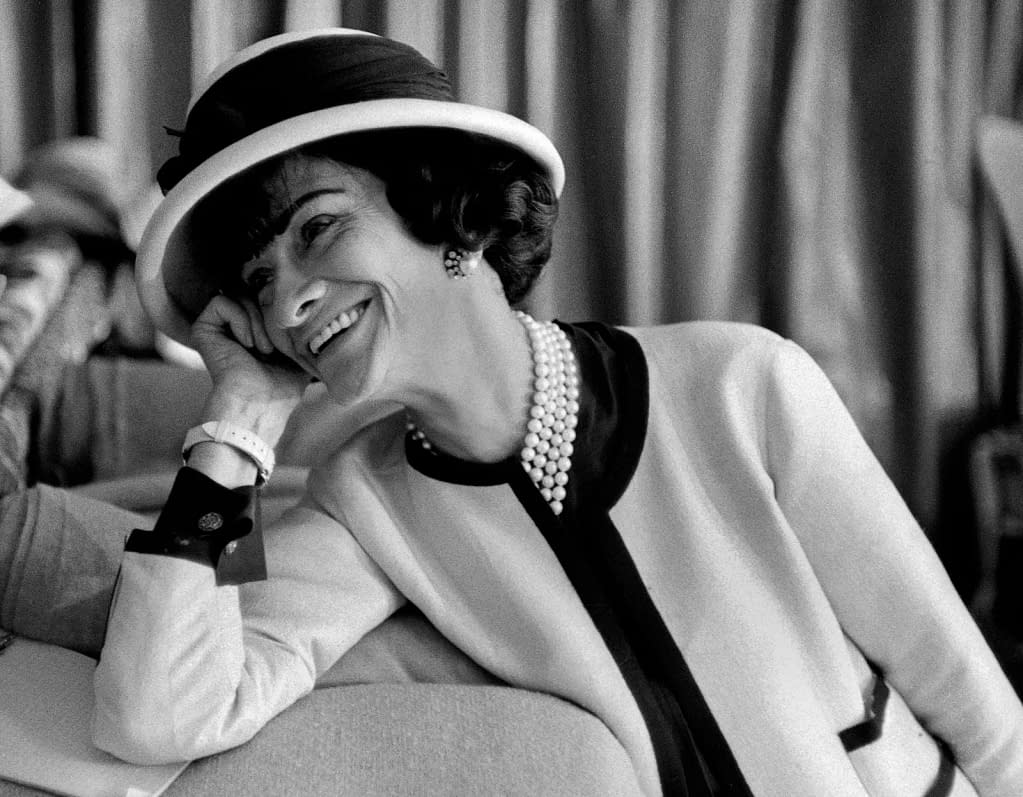If you think brands are a recent invention, then this article is worth reading. Fragments of thousands of years old Greek and Roman tiles and bricks marked with symbols that identified their producer have already been found. In other words, the brand, firstly, emerged to point out the origin of the products. However, with the industrial revolution and increased competition, brands began to denote much more than the simple origin of products.
Gabrielle Chanel, the visionary French fashion designer, founded the iconic Chanel brand more than a century ago. With a timeless legacy, the Chanel brand, which is now worth billions, has earned its place in fashion history. Through her innovative vision, Gabrielle Chanel revolutionized the world of fashion, introducing elegant, timeless designs that still influence modern runways. Currently with more than 100 years of history, Chanel continues to be a reference for luxury and style around the world, maintaining its inestimable value and its commitment to elegance and sophistication.
The evolution of brands
Currently, brands can represent very abstract feelings such as status, lifestyle and even moral values. Because it is a fact that we are what we consume! This means that consumption is a form of expression too. For example, what justifies a young person who earns R$ 800 per month buying a pair of sneakers worth R$ 1 thousand? Or someone paying R$ 55 thousand reais for a small leather bag? On the other hand, cruelty-free and vegan products see their sales rise year after year, as they represent the thinking of younger generations much better. So much so that a 2022 survey by Opinion Box revealed that 96% of participants value products that are not tested on animals, as well as vegan and natural. This attests to the importance that the elements that make up a product have in the consumer’s choice.
Brand Equity: The power of the brand
In other words, it is the brand that justifies that similar products in terms of manufacturing and quality have different values compared to their competitors. People are willing to pay for this 'plus' added to the price of the product, called 'brand equity'. Sometimes the brand is so powerful that its value can exceed the sum of all its assets. As per InterBrand's latest report, in 2022, Apple was valued at US$ 482.2 billion! It is quite a figure, which values it symbolically and financially.
But the question that remains is: what makes a brand so valuable? It is a fact that each consulting company uses its methodology to calculate brand value, but, in general, these companies relate a prominent brand to the following dimensions: recognition, perceived quality and loyalty. Certainly, these dimensions are directly related to the image that the brand conveys.
The shift in brand perception
However, society is changing and this “image” is also undergoing changes. Attitudes such as that of the controversial brand Balenciaga, which posted campaigns that referred to pedophilia, led to its cancellation by countless people. Which shows that the saying “talk bad, but talk about me” no longer works.
However, organizations that have invested in ESG – that is, those that have implemented good practices in the environmental, social and corporate governance spheres – are being well regarded. And this speech is no longer just an argument from environmentalists to become a concern for visionary and tuned-in companies, concerned with improving their performance. A meta-analysis (statistical technique to integrate the results of different research) with more than 2 thousand studies proved that there is, indeed, a positive relationship between investments in ESG and financial performance.
It is no coincidence that since last year the aforementioned InterBrand began to integrate into its brand value calculations the ESG actions that the evaluated companies are carrying out. In short: being “good” does make a profit! And there is nothing wrong with that, as companies, consumers and society as a whole benefit.
Conclusion
In short, the value of a brand in the contemporary market goes far beyond simply identifying its origin. The brand is now a symbol of status, lifestyle and moral values. It justifies higher prices and creates powerful “brand equity”. However, brand perception is constantly evolving, and brands need to adapt to changes in society, including the increasing focus on ESG practices. Therefore, what makes a brand valuable in the market is a combination of recognition, perceived quality and loyalty, along with an image that resonates with contemporary values.
My talent is helping entrepreneurs build their professional brands, so that they have a life of their own and become increasingly stronger in the market. Creatively conceptualizing in an authentic way, building new spaces through digital and physical channels; and executing strategic marketing actions to achieve results. 👨🚀


